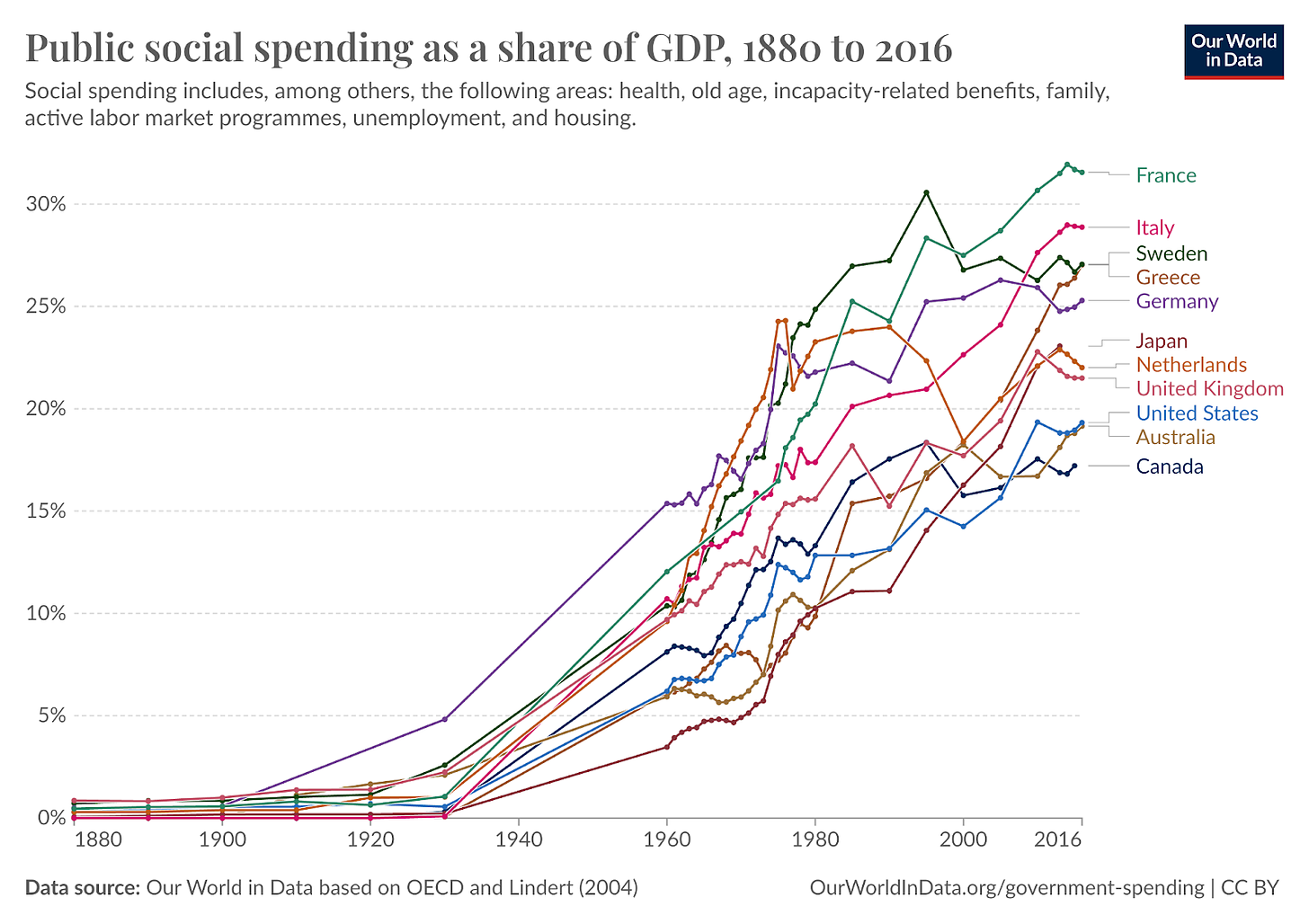
In recent years, the concept of a guaranteed income or universal basic income (UBI) has gained traction among tech leaders and policymakers alike. The idea behind UBI is to provide every individual with a fixed amount of money on a regular basis, regardless of their employment status or income level. This approach aims to address the potential job losses resulting from advancements in artificial intelligence and automation, as well as to alleviate poverty and promote economic equality.
One of the most prominent advocates for UBI is Sam Altman, CEO of OpenAI. He contributed $10 million towards the Unconditional Income Study, the largest direct income program to date. The study found that no enrolled participants lost existing benefits during the program and that recipients put most of their additional funds towards basic needs such as rent, transportation, and food. Additionally, recipients worked less on average but remained engaged in the workforce and were more deliberate in their job searches compared to a control group.
Other tech leaders such as Elon Musk, Jack Dorsey, and Chris Hughes have also expressed support for UBI. However, political hurdles have hindered smaller experiments in various cities and states. Despite these challenges, the debate over UBI continues to gain momentum as technology's impact on jobs becomes increasingly apparent.
In addition to UBI, some tech leaders like Altman have proposed the idea of a universal basic compute. This concept involves providing every individual with access to computational resources and AI tools in order to stay competitive in the rapidly evolving technological landscape. The potential benefits of this proposal include increased innovation, greater access to education and job opportunities, and a more equitable distribution of wealth.
Overall, the growing interest in UBI and related initiatives highlights the need for policymakers and society as a whole to address the challenges posed by technological advancements. By exploring solutions such as UBI and universal basic compute, we can work towards creating a more stable and equitable future for all.




